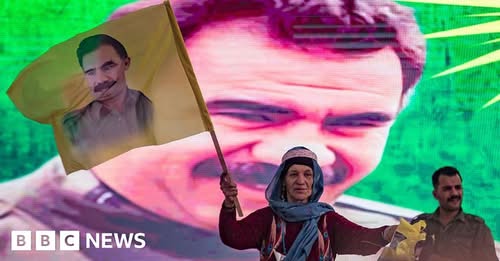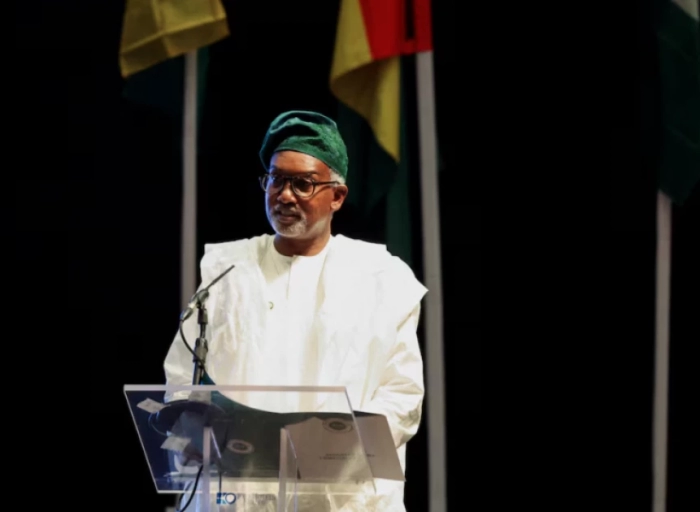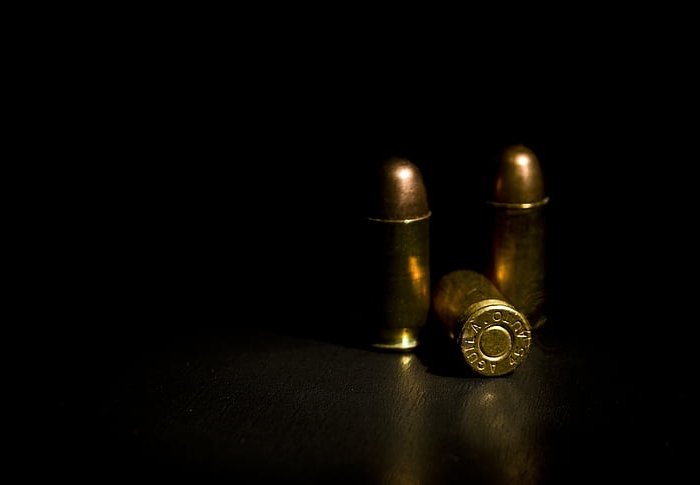After four decades of armed struggle that has claimed over 40,000 lives, the outlawed Kurdistan Workers’ Party (PKK) has begun a landmark disarmament process — a move that could finally end one of the world’s longest-running conflicts. In a symbolic ceremony held in Suleymaniyah, Iraqi Kurdistan, PKK members marked the beginning of what could be a lasting shift from militant resistance to democratic engagement.
A Summer of Disarmament
The disarmament, which is expected to span the summer, will unfold under heavy security and with oversight from Turkey’s pro-Kurdish opposition Dem party and international observers. It follows a historic appeal by PKK’s jailed founder, Abdullah Ocalan, who called for the group to disband and embrace democratic politics. Ocalan, held in solitary confinement since 1999, appeared in a video urging the PKK to move away from armed resistance — a rare and powerful gesture from a figure who remains central to Kurdish identity despite decades of imprisonment.
“This is a voluntary transition from the phase of armed conflict to the phase of democratic politics and law,” Ocalan stated, signaling what many believe is the group’s clearest commitment to peace since its founding in 1984.
A Long Road to This Moment
The PKK began its campaign seeking an independent Kurdish state within Turkey, later moderating its aims to demand greater autonomy and cultural rights for the Kurdish minority, which makes up roughly 20% of Turkey’s population. Past peace efforts, including a 2013 ceasefire and the 2015 Dolmabahce Agreement, collapsed amid renewed violence. Since then, the Turkish state has pursued relentless military campaigns against PKK bases in northern Iraq and Kurdish-led groups in Syria.
What makes the current process more hopeful is the strong backing from President Recep Tayyip Erdoğan and his nationalist ally, Devlet Bahçeli. In late 2024, Bahçeli urged Ocalan to call for the PKK’s dissolution, launching what the government dubbed a “terror-free Turkey” initiative.
What’s at Stake — and What’s Next
Following Friday’s ceremony, Turkey’s parliament will form a commission to chart the way forward. Though legislative progress is likely to pause for the summer recess, all eyes will be on whether Erdoğan follows through on promises for political reform and reconciliation.
The future of Abdullah Ocalan remains uncertain. While the government has hinted at potential changes to his incarceration conditions, any movement toward release would come only in the latter stages of the peace process.
Meanwhile, speculation continues over whether Erdoğan is leveraging the peace process for broader constitutional reforms that could pave the way for another presidential term beyond 2028. Both the AKP and the Dem party deny any direct link, but if support from Kurdish lawmakers materializes, Erdoğan could gain the political leverage needed to reshape Turkey’s political landscape.
A Moment of Cautious Optimism
This is not the first time peace has been attempted, but many observers believe it could be the most credible effort yet. With Ocalan’s call for disarmament, Erdoğan’s political will, and regional cooperation between Turkey, Iraq, and the Kurdistan Regional Government, there is cautious optimism that the bloodshed of the past 40 years could finally give way to a more inclusive, democratic future.
Whether that future materializes now depends not just on political agreements, but on sustained trust, accountability, and a genuine commitment to resolving deep-seated grievances.



